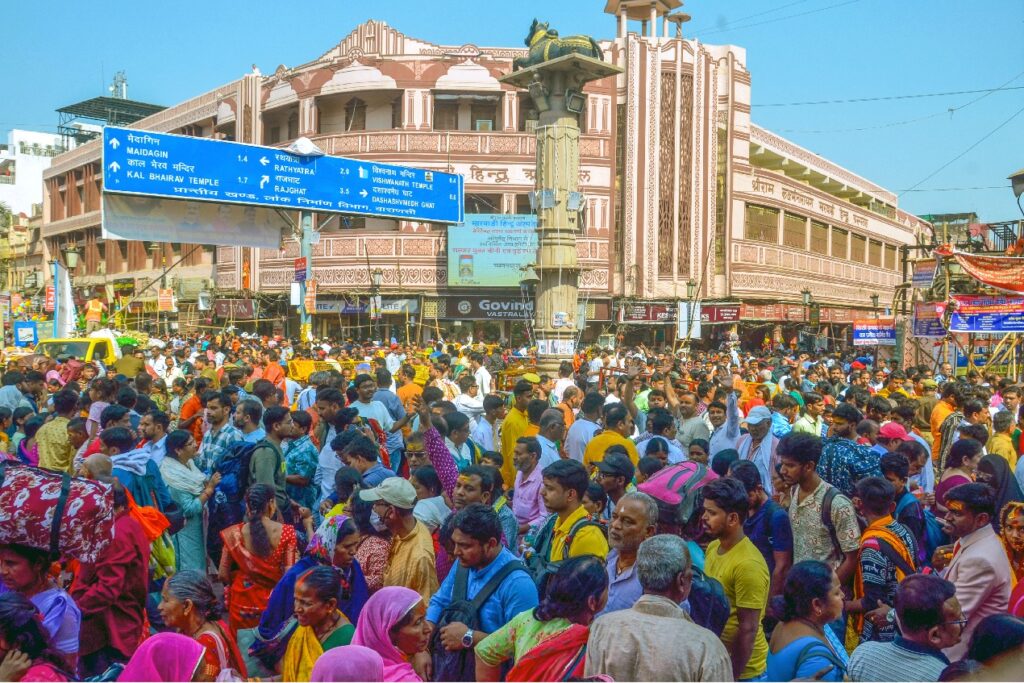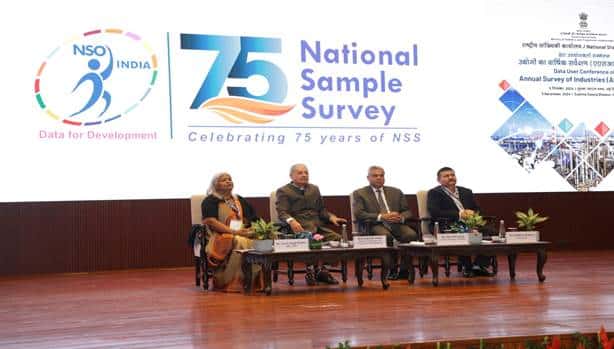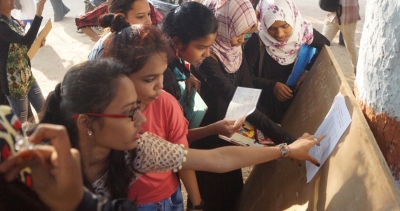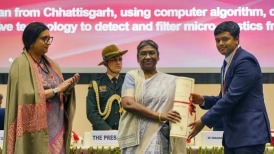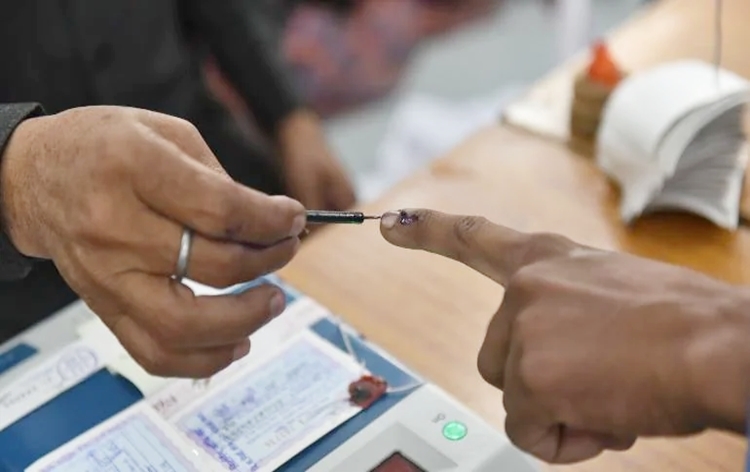India engaged in connecting the world by taking it out of conflict, says PM Modi at India Mobile Congress
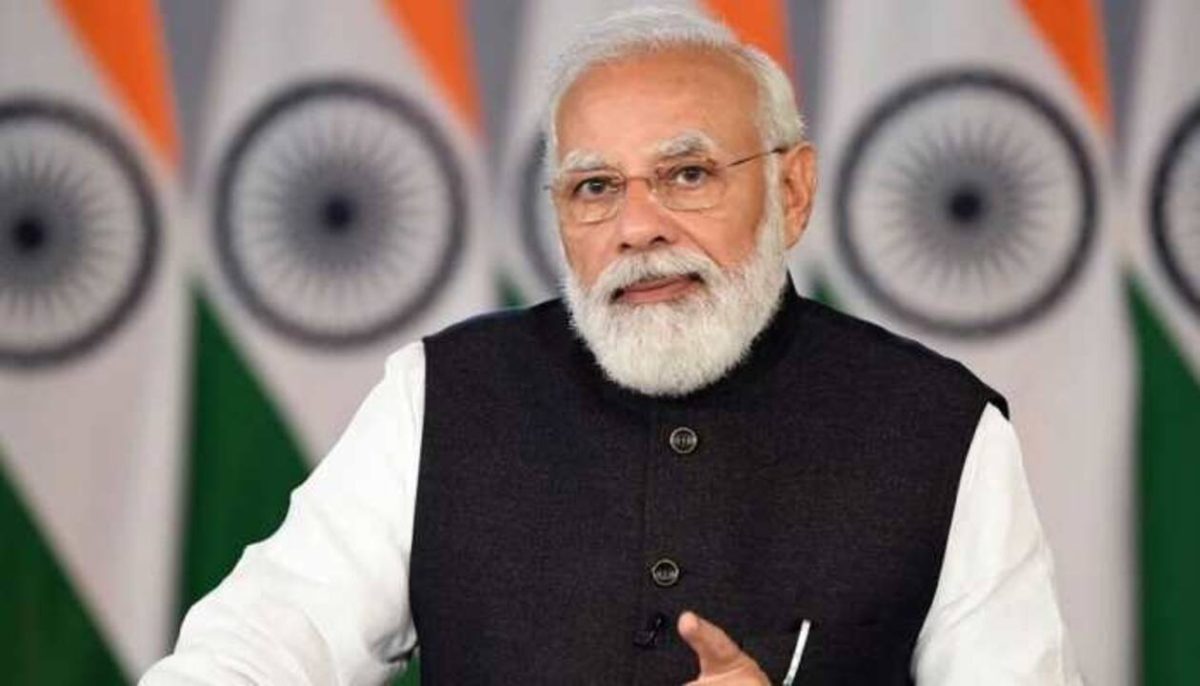
Prime Minister Narendra Modi on Tuesday discussed India’s significant developments in the telecom sector, highlighting that the country is now one of the most vibrant nations globally in terms of telecom and related technologies. He emphasised that India is focused on connecting the world and reducing conflicts.
Addressing the ITU World Telecommunication Standardization Assembly, PM Modi mentioned that India has 1.2 billion mobile phone users and 950 million internet users, with over 40% of the world’s real-time digital transactions occurring within the country. He said that discussions about the future of global telecommunications would promote the global good.
The PM noted that the World Telecommunication Standardization Assembly (WTSA) aims to empower the world through consensus, while the India Mobile Congress (IMC) focuses on connectivity. He linked the two, saying that both consensus and connectivity are essential in today’s conflict-ridden world.
The prime minister expressed that India has long embodied the message of Vasudhaiva Kutumbakam, promoting the ideals of one earth, one family, and one future.
He also emphasized the significance of the WTSA and IMC coming together, explaining that India’s telecom journey serves as a model for the world. Modi mentioned that telecom has become a means of equity and opportunity, bridging the gap between the rich and the poor, as well as urban and rural areas.
The prime minister outlined the four pillars of Digital India: lowering the cost of devices, ensuring digital connectivity reaches every area, making data accessible to everyone, and adopting a digital-first approach. He acknowledged that progress in mobile manufacturing has been remarkable, with the number of manufacturing units increasing from two in 2014 to over 200 today. India is now producing six times more mobile phones than before and is recognized as a mobile-exporting nation.
PM Modi also said that India has emerged as the second-largest 5G market in the world. He highlighted that the optical fiber laid in India over the past decade is eight times the distance to the moon, and nearly every district is now connected to 5G services. The country is also making rapid advancements in 6G technology.
The prime minister stressed the importance of establishing a global framework for digital technology and guidelines for global governance. He indicated that no country can address cyber threats alone and emphasized the need for international collaboration.
The PM advocated for a regulatory framework for the digital world, similar to that of the aviation sector, and underscored India’s commitment to building a safe digital ecosystem through its Data Protection Act and National Cyber Security Strategy.



